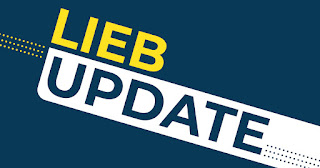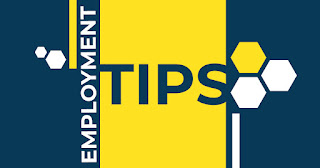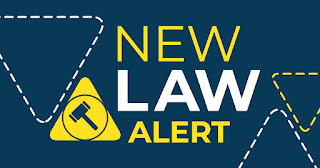On July 7, 2020, Mayor DeBlasio
signed into Law Int. No. 1976 which modified the requirement for booking
services, like Airbnb, to report short-term housing rental transactions.
Essentially, beginning on January 3, 2021, the new law exempts booking services
from reporting listings for rooms only, and for up to two (2) guests. They are
also exempted from reporting if their property is rented for less than four (4)
days in one quarterly reporting period.
Specifically, Section 26-2101 of the
Administrative Code of the City of New York is amended to add a new definition
for “qualifying listing”:
Qualifying Listing. The term “qualifying listing” means a listing or advertisement that offers a short-term rental via a booking service, and:
1. such listing or advertisement offers or appears to offer the short-term rental of an entire dwelling unit or housing accommodation, or
2. such listing or advertisement offers or appears to offer a short-term rental for three or more individuals at the same time.
Further, Section 26-2102 is amended
to exempt booking services from the quarterly reporting of information for
transactions associate with a qualifying listing when all such transactions
within a reporting period result in the rental of a dwelling unit or housing
accommodation for an aggregate of four (4) days or less. The reports must include
the address of the rental listing, name address, and contact information from
the host, total rent received, among others, and must be submitted to the
Office of Special Enforcement.
Failure to comply with the reporting
requirements under the Administrative Code of the City of New York may result
in penalties not more than the greater of $1,500 or the total fees collected
during the preceding year by the booking service for transactions related to
the qualifying listing.




















